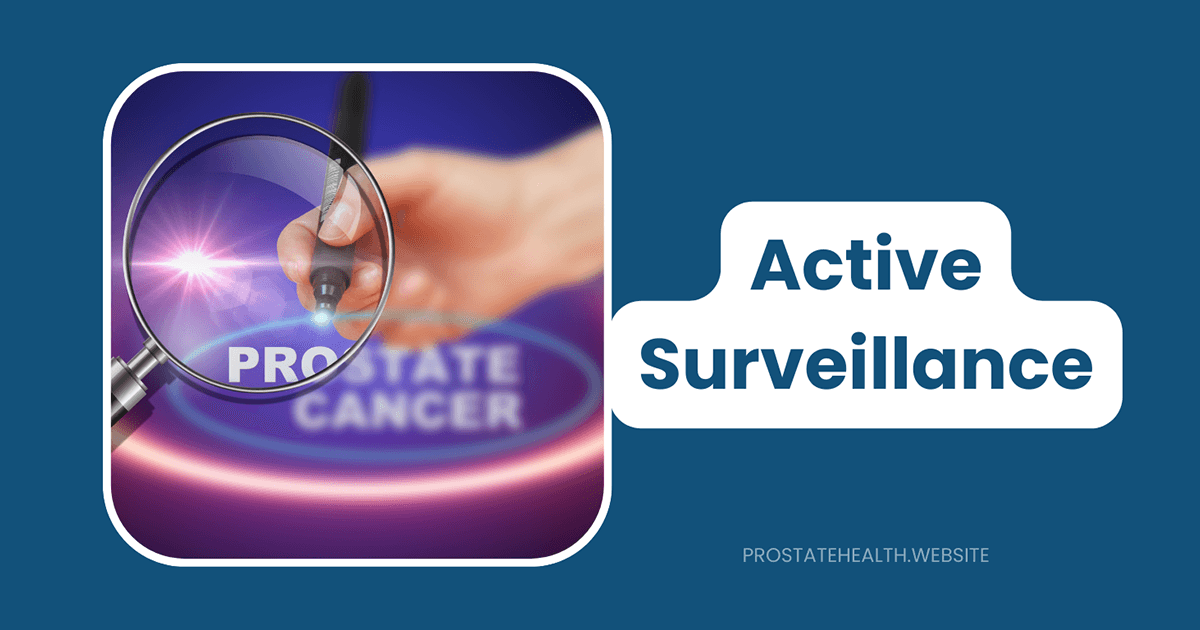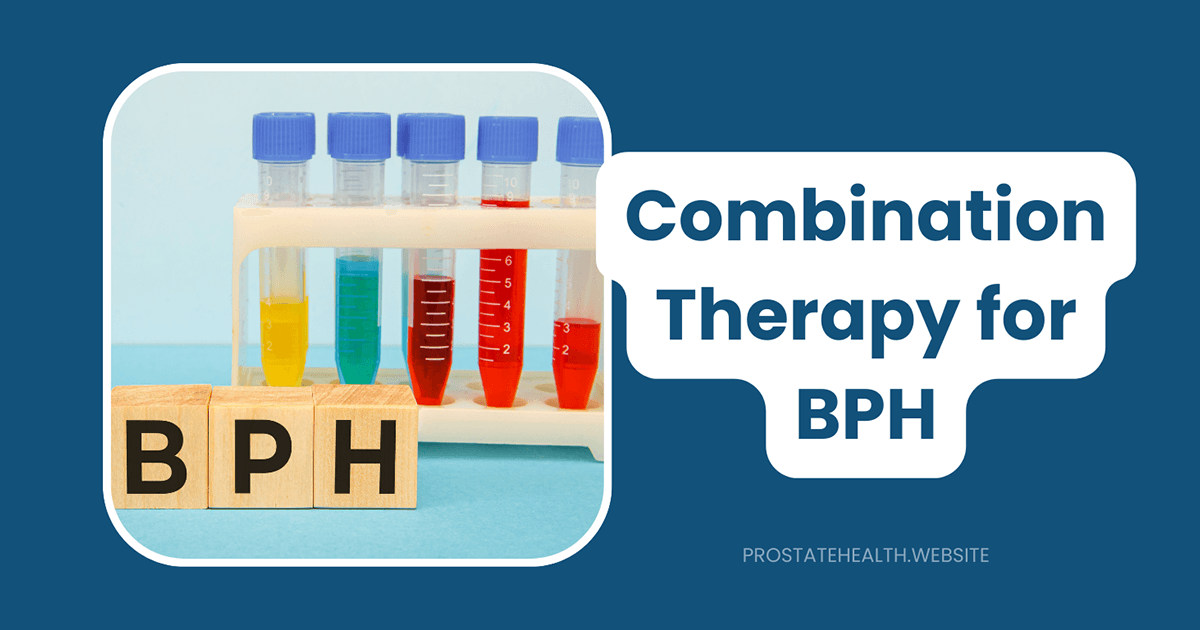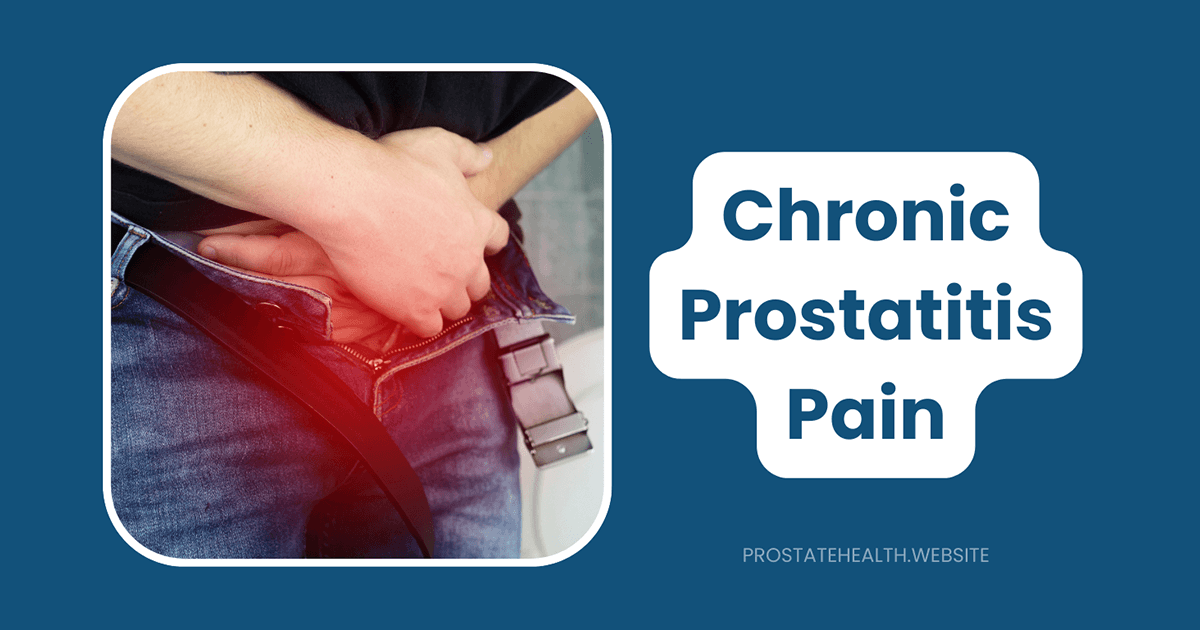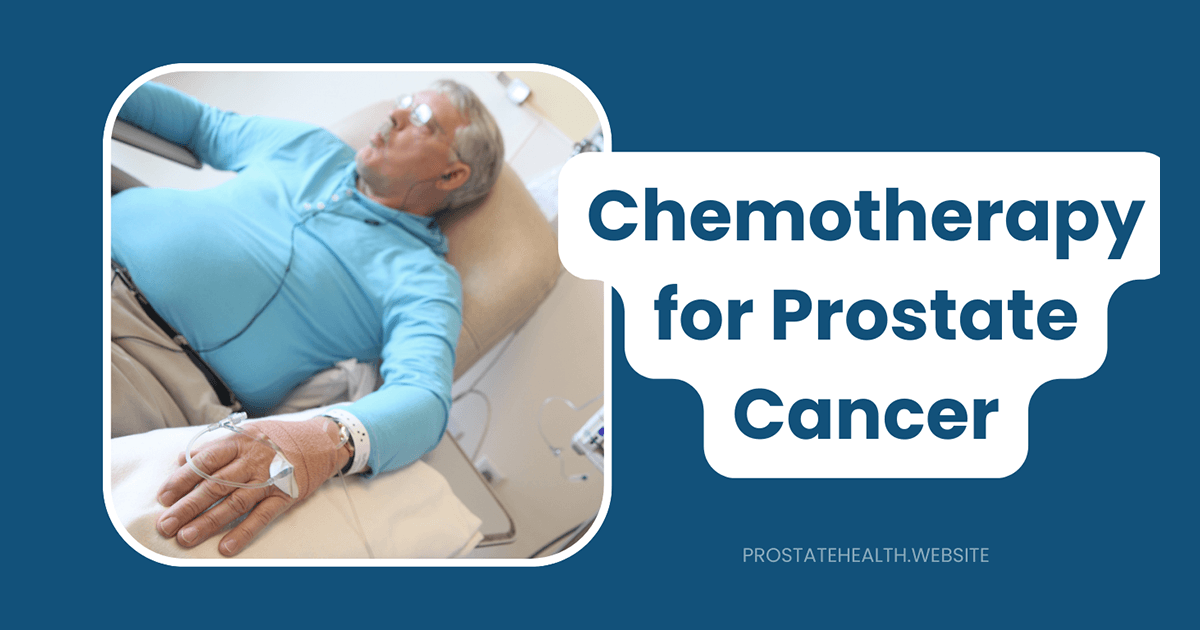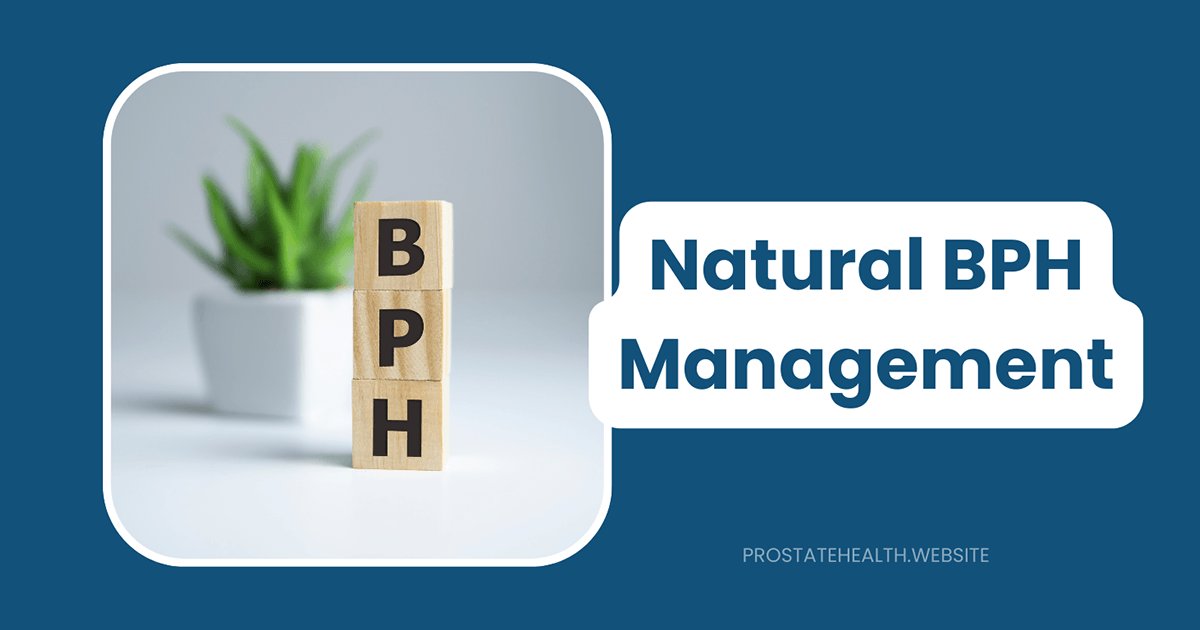Dietary Changes That May Reduce Prostatitis Symptoms: A Comprehensive Guide
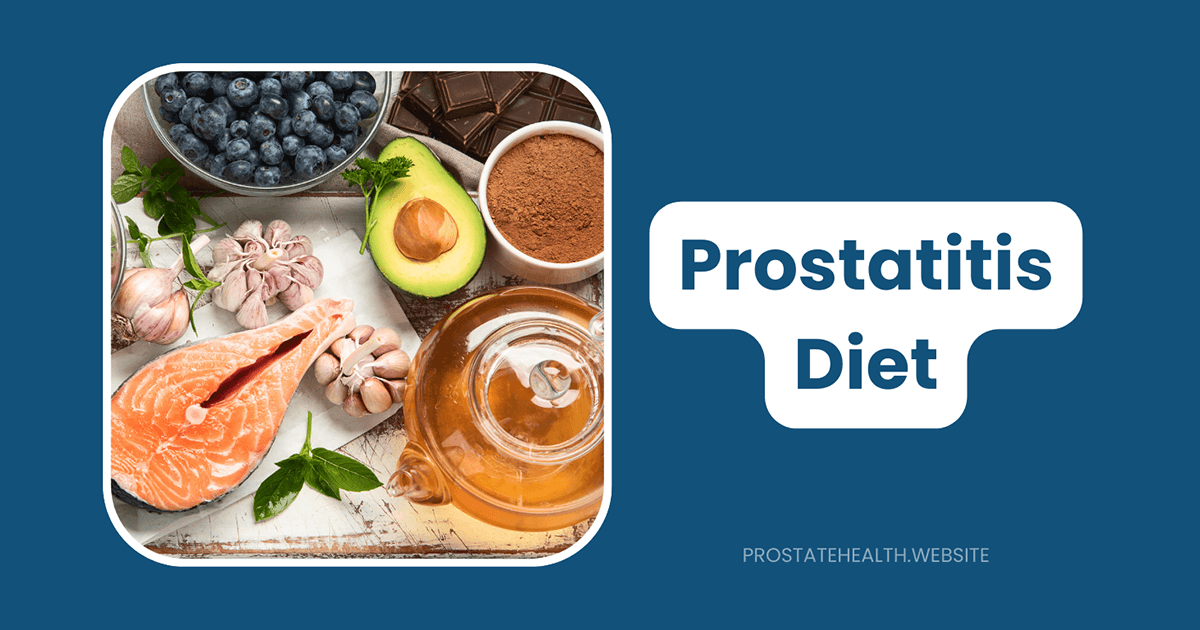
Living with prostatitis can be challenging. The pain, discomfort, and urinary symptoms can significantly impact your quality of life. As someone who’s dedicated years to advocating for men’s prostate health, I understand the frustration of dealing with this condition and the desire to find relief through accessible, natural approaches.
While medication and other medical treatments are often necessary, particularly for bacterial forms of prostatitis, emerging research suggests that dietary changes can play a significant role in managing symptoms and improving overall prostate health. In fact, what you eat (or don’t eat) may help reduce inflammation, ease discomfort, and potentially decrease the frequency of flare-ups.
In this comprehensive guide, we’ll explore evidence-based dietary modifications that may help alleviate prostatitis symptoms, with practical tips for implementing these changes in your daily life.
Understanding Prostatitis and Inflammation
Before diving into specific dietary recommendations, it’s important to understand how prostatitis and inflammation are connected.
Prostatitis refers to inflammation of the prostate gland, which can occur with or without infection. According to the National Institute of Diabetes and Digestive and Kidney Diseases (NIDDK), prostatitis is the most common urinary tract problem for men younger than age 50 and the third most common for men older than 50.
There are four types of prostatitis:
- Acute bacterial prostatitis: A sudden bacterial infection with severe symptoms
- Chronic bacterial prostatitis: Recurring bacterial infection with persistent symptoms
- Chronic prostatitis/chronic pelvic pain syndrome (CP/CPPS): The most common form (affecting 10-15% of U.S. men), often without identifiable infection
- Asymptomatic inflammatory prostatitis: Inflammation without symptoms
For most men with prostatitis, especially those with CP/CPPS, inflammation plays a central role in symptom development and persistence. This is where diet comes in—certain foods can either promote or reduce inflammation in the body, potentially affecting prostatitis symptoms.
The Link Between Diet and Prostatitis
Recent research has strengthened our understanding of how diet affects prostate inflammation. A 2024 study published in the journal Medicine examined the relationship between pro-inflammatory diets and prostate conditions using the Dietary Inflammatory Index (DII). The researchers found that pro-inflammatory diets were significantly associated with an increased risk of prostate conditions, suggesting that dietary modifications to reduce inflammatory foods may help mitigate symptoms.
While the NIDDK notes that researchers have not found that eating, diet, and nutrition play a role in causing or preventing prostatitis, they do recommend dietary modifications during treatment, particularly avoiding bladder irritants that may worsen symptoms.
Anti-Inflammatory Foods to Emphasize
Incorporating anti-inflammatory foods into your diet may help reduce prostatitis symptoms by decreasing overall inflammation in the body. Here are key foods to emphasize:
1. Fatty Fish Rich in Omega-3s
Fatty fish like salmon, mackerel, sardines, and trout are excellent sources of omega-3 fatty acids, which have potent anti-inflammatory properties.
Research insight: A UCLA study found that a diet high in omega-3 fatty acids, supplemented with fish oil, significantly reduced inflammation markers in men with prostate conditions. The study showed a 15% decrease in cell proliferation markers in the intervention group.
Practical tip: Aim to include fatty fish in your diet at least twice a week. If you don’t enjoy fish, consider a high-quality fish oil supplement (discuss with your healthcare provider first).
2. Colorful Fruits and Berries
Berries (blueberries, strawberries, blackberries, raspberries) and other colorful fruits are packed with antioxidants that help combat inflammation.
Research insight: Berries contain anthocyanins and other flavonoids that have been shown to reduce inflammatory markers in multiple studies. According to Austin Urology Institute, berries can boost immune function and provide antioxidant protection beneficial for prostate health.
Practical tip: Add a cup of mixed berries to your breakfast, or enjoy them as a snack. Frozen berries are just as nutritious and often more affordable than fresh.
3. Cruciferous Vegetables
Broccoli, cauliflower, Brussels sprouts, kale, and cabbage contain compounds called glucosinolates that break down into active molecules with anti-inflammatory and potential cancer-fighting properties.
Research insight: Cruciferous vegetables contain sulforaphane, which has been shown to target inflammation and may benefit prostate health. These vegetables also provide beta-carotene, which has anti-inflammatory effects according to research cited by urologists.
Practical tip: Aim to include at least one serving of cruciferous vegetables daily. Light steaming preserves more of the beneficial compounds compared to boiling.
4. Tomatoes and Lycopene-Rich Foods
Tomatoes are rich in lycopene, a powerful antioxidant that may benefit prostate health.
Research insight: Lycopene concentrates in prostate tissue and has been shown to reduce inflammatory markers. Cooked tomatoes (such as in tomato sauce or paste) provide more bioavailable lycopene than raw tomatoes.
Practical tip: Include tomato-based sauces, soups, or stews in your weekly meal plan. Adding a small amount of healthy fat, like olive oil, enhances lycopene absorption.
5. Nuts and Seeds
Walnuts, almonds, flaxseeds, and chia seeds provide healthy fats, zinc, and other nutrients that support prostate health.
Research insight: Nuts are high in zinc, which is important for hormone balance related to prostate health. A study from the Institute for Functional Medicine found that plant-based diets rich in nuts and seeds were associated with better prostate health markers.
Practical tip: Add a small handful of mixed nuts or a tablespoon of ground flaxseed to your daily diet. Sprinkle seeds on salads, yogurt, or oatmeal.
6. Green Tea
Green tea contains catechins, particularly EGCG (epigallocatechin gallate), which have anti-inflammatory and antioxidant properties.
Research insight: Studies suggest that green tea may improve urine flow and decrease urological inflammation, which could benefit men with prostatitis.
Practical tip: Consider replacing one cup of coffee with green tea daily. For maximum benefit, steep for 3-5 minutes and drink 2-3 cups throughout the day.
Foods and Beverages to Limit or Avoid
Just as some foods can help reduce inflammation and symptoms, others may trigger or worsen prostatitis flare-ups. Consider limiting or avoiding:
1. Alcohol
Alcohol can irritate the bladder and prostate, potentially exacerbating prostatitis symptoms.
Research insight: Clinical observations show that alcohol consumption can worsen prostatitis symptoms, and reducing intake often leads to improvement.
Practical tip: If you drink alcohol, consider significantly reducing your intake or eliminating it completely during flare-ups. If you do drink, stay well-hydrated with water.
2. Caffeine
Coffee, tea (except herbal), energy drinks, and some sodas contain caffeine, which can increase urinary frequency and urgency—common complaints with prostatitis.
Research insight: Caffeine acts as a diuretic and bladder irritant, which may worsen urinary symptoms associated with prostatitis.
Practical tip: Gradually reduce caffeine intake to minimize withdrawal symptoms. Try herbal teas, decaffeinated coffee, or grain-based coffee alternatives.
3. Spicy Foods
Spicy foods containing hot peppers, hot sauces, or certain spices may irritate the urinary tract and worsen symptoms in some men.
Research insight: Capsaicin in hot peppers can increase rectal sensitivity and potentially worsen pelvic pain in men with prostatitis, according to clinical observations from urologists.
Practical tip: During flare-ups, opt for milder flavors and gradually reintroduce spices to determine your personal tolerance.
4. Acidic Foods
Citrus fruits, tomatoes, and other acidic foods may irritate the bladder in some individuals, potentially worsening urinary symptoms.
Research insight: While citrus fruits offer beneficial vitamin C, their acidity may trigger symptoms in sensitive individuals. The NIDDK recommends avoiding acidic foods during bacterial prostatitis treatment.
Practical tip: If you suspect acidic foods trigger your symptoms, try eliminating them for two weeks, then reintroduce them one at a time to identify specific triggers.
5. Processed and Red Meats
Processed meats (bacon, sausage, deli meats) and red meat may promote inflammation in the body.
Research insight: A 2024 study found that diets high in pro-inflammatory fats, including those from red and processed meats, were risk factors for prostatitis and could accelerate prostate inflammation.
Practical tip: Limit red meat to once a week or less, and choose lean poultry, fish, or plant-based proteins instead of processed meats.
6. High-Sodium Foods
Excessive sodium intake may increase urinary tract symptoms and potentially worsen prostatitis.
Research insight: High sodium intake has been associated with increased likelihood of urinary tract infections, which are linked to prostatitis symptoms, according to research cited by urologists.
Practical tip: Reduce consumption of processed foods, canned soups, and fast food, which are typically high in sodium. Use herbs and spices instead of salt to flavor foods.
Dietary Patterns That May Help
Beyond individual foods, certain dietary patterns may offer benefits for men with prostatitis:
The Mediterranean Diet
The Mediterranean diet emphasizes fruits, vegetables, whole grains, fish, olive oil, and nuts while limiting red meat and processed foods.
Research insight: A 2017 meta-analysis indicated that higher adherence to a Mediterranean diet was inversely associated with prostate inflammation. The diet’s anti-inflammatory properties may help reduce prostatitis symptoms.
Practical tip: Gradually transition to a Mediterranean-style diet by incorporating olive oil as your primary fat, increasing vegetable intake, and reducing red meat consumption.
Plant-Forward Eating
Increasing the proportion of plant foods in your diet may help reduce inflammation and improve prostate health.
Research insight: A 2021 observational study found that higher consumption of a plant-based diet was significantly associated with better prostate health markers in men.
Practical tip: Try implementing “Meatless Monday” or making vegetables the main component of your plate, with meat as a side dish rather than the centerpiece.
Low-Gluten Approach
Some men with prostatitis report improvement when reducing or eliminating gluten from their diet.
Research insight: While not extensively studied specifically for prostatitis, a gluten-free diet may help relieve prostatitis symptoms in men with gluten sensitivity, according to clinical observations.
Practical tip: If you suspect gluten sensitivity, consider a 3-4 week trial elimination of gluten-containing foods (wheat, barley, rye) under healthcare supervision, followed by careful reintroduction to assess effects.
Hydration and Prostatitis
Proper hydration deserves special attention in prostatitis management:
Water Intake
Adequate water consumption helps flush bacteria from the urinary tract and may reduce symptom severity.
Research insight: The NIDDK recommends increasing liquid intake to 64-128 ounces per day during bacterial prostatitis treatment to help flush bacteria from the bladder.
Practical tip: Carry a reusable water bottle and set regular reminders to drink throughout the day. However, consider reducing fluid intake in the evening to minimize nighttime urination.
Timing of Fluid Intake
When you drink can be as important as what and how much you drink.
Research insight: The Mayo Clinic suggests avoiding liquids a few hours before bedtime to reduce nighttime urination, which can be particularly troublesome for men with prostatitis.
Practical tip: Front-load your hydration by drinking more water earlier in the day and tapering off in the evening, especially after dinner.
Supplements That May Support Prostate Health
While whole foods should be the foundation of your approach, certain supplements may offer additional support:
Quercetin
This plant flavonoid has anti-inflammatory and antioxidant properties.
Research insight: According to Mount Sinai, quercetin may reduce pain and symptoms of chronic nonbacterial prostatitis, with enhanced effects when combined with bromelain and papain.
Practical tip: Typical dosage in studies is 500mg twice daily. Always consult with your healthcare provider before starting supplements.
Omega-3 Fatty Acids
Fish oil supplements provide concentrated omega-3 fatty acids.
Research insight: While specific effects on prostatitis haven’t been extensively studied, omega-3s may help reduce inflammation over time, potentially benefiting prostatitis symptoms.
Practical tip: Look for high-quality fish oil supplements with at least 1000mg combined EPA and DHA per serving.
Zinc
This mineral plays a role in prostate health and immune function.
Research insight: Mount Sinai notes that zinc may help reduce symptoms of prostatitis when taken with antibiotics, although its effectiveness is not fully established.
Practical tip: Food sources of zinc include oysters, pumpkin seeds, and beef. If supplementing, typical doses range from 15-30mg daily.
Cernilton (Rye Grass Pollen Extract)
This natural supplement has shown promise for prostatitis symptom relief.
Research insight: Mount Sinai reports that cernilton may help relieve symptoms of chronic nonbacterial prostatitis, though more research is needed.
Practical tip: Typical dosage in studies is 126mg three times daily. As with all supplements, consult your healthcare provider first.
Creating Your Personalized Prostatitis Diet Plan
Managing prostatitis through diet is highly individual—what triggers symptoms in one person may not affect another. Here’s a step-by-step approach to creating your personalized plan:
1. Keep a Food and Symptom Journal
Track what you eat and drink alongside your symptoms to identify potential triggers.
Practical tip: Use a notebook or smartphone app to record meals, beverages, symptom severity, and urinary patterns for at least two weeks.
2. Implement an Elimination Diet
Temporarily remove common trigger foods, then systematically reintroduce them to identify personal sensitivities.
Practical tip: Work with a healthcare provider or registered dietitian to design a proper elimination diet that ensures nutritional adequacy while testing for sensitivities.
3. Make Gradual Changes
Sudden dietary overhauls can be difficult to maintain. Small, consistent changes often lead to better long-term results.
Practical tip: Choose one dietary modification to focus on each week, such as increasing water intake or adding an extra serving of vegetables daily.
4. Combine Diet with Other Lifestyle Modifications
Diet works best as part of a comprehensive approach to prostatitis management.
Practical tip: Incorporate stress reduction techniques, regular physical activity, and adequate sleep alongside dietary changes for maximum benefit.
When to Seek Medical Advice
While dietary changes can help manage prostatitis symptoms, they should complement, not replace, medical care. Contact your healthcare provider if:
- You experience new or worsening symptoms
- You have fever, chills, or severe pain
- You have difficulty urinating or cannot urinate
- Your symptoms don’t improve despite dietary changes
- You’re considering supplements that might interact with medications
The Bottom Line on Diet and Prostatitis
While diet alone may not cure prostatitis, emerging research suggests that anti-inflammatory eating patterns and specific dietary modifications can play a significant role in symptom management for many men. By emphasizing anti-inflammatory foods, limiting potential triggers, and staying properly hydrated, you may experience meaningful improvement in your symptoms and quality of life.
Remember that dietary changes often take time to show results—consistency is key. Work closely with your healthcare providers to integrate dietary modifications into your comprehensive prostatitis management plan.
Have you found particular dietary changes helpful for your prostatitis symptoms? Share your experience in the comments below—your insights might help others on their healing journey.

